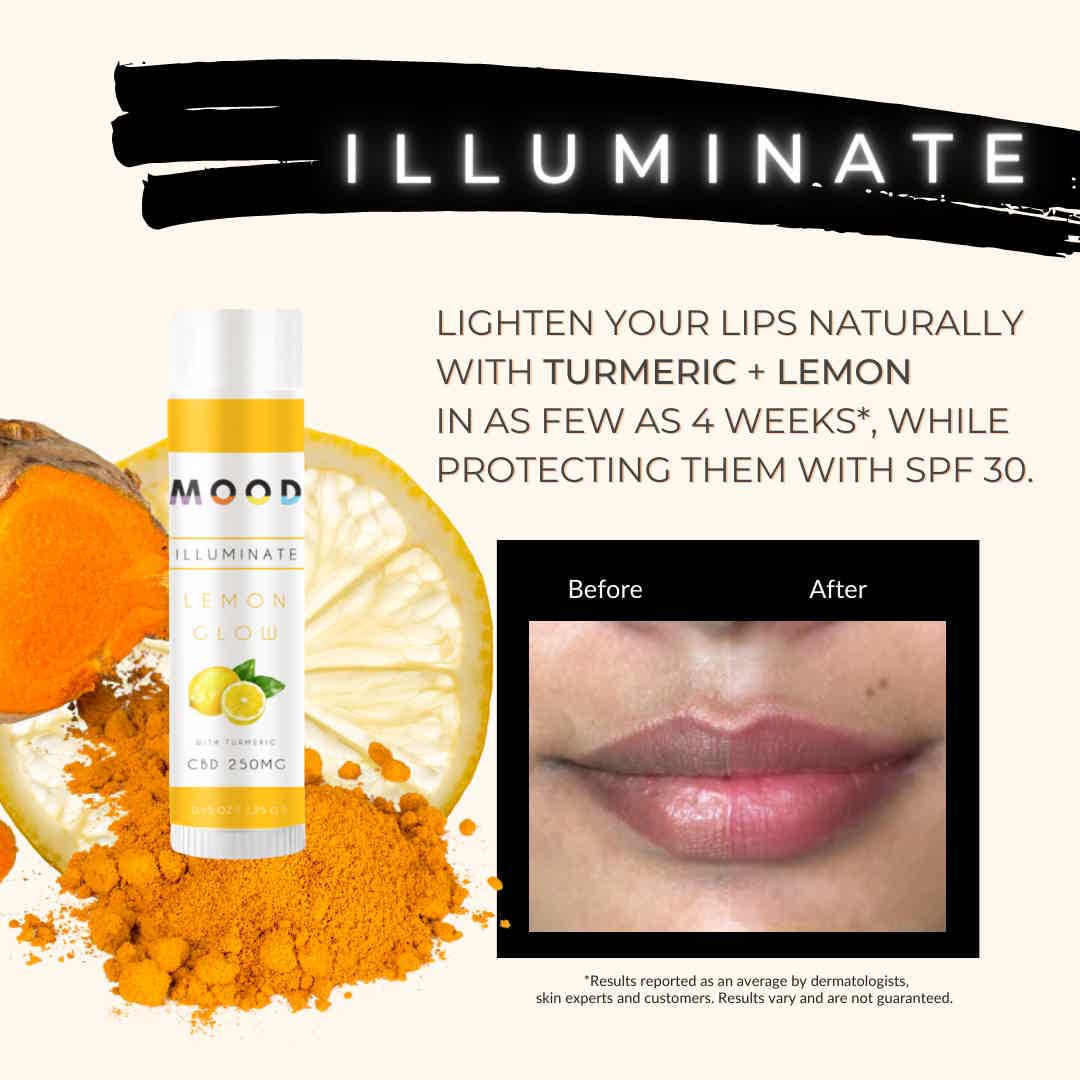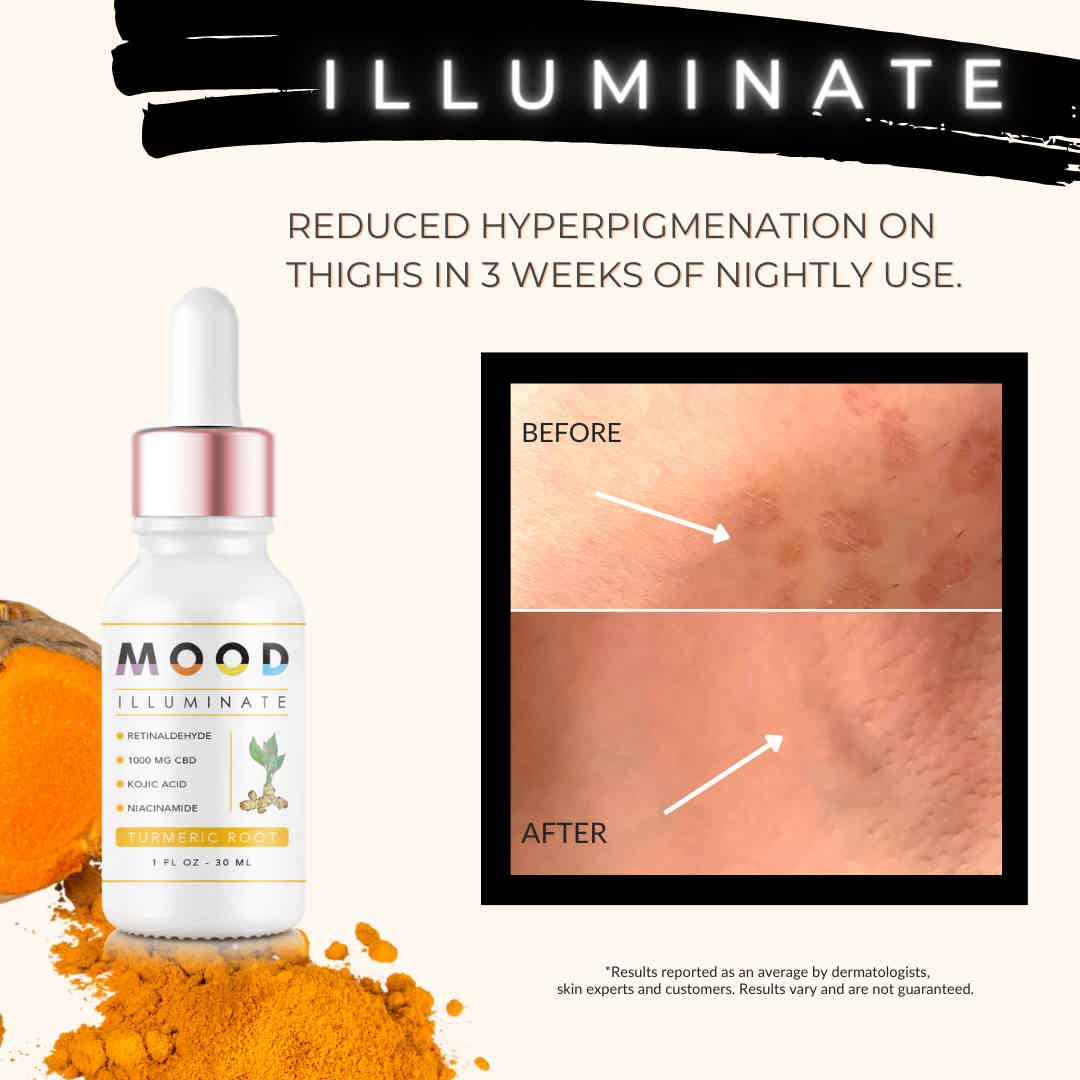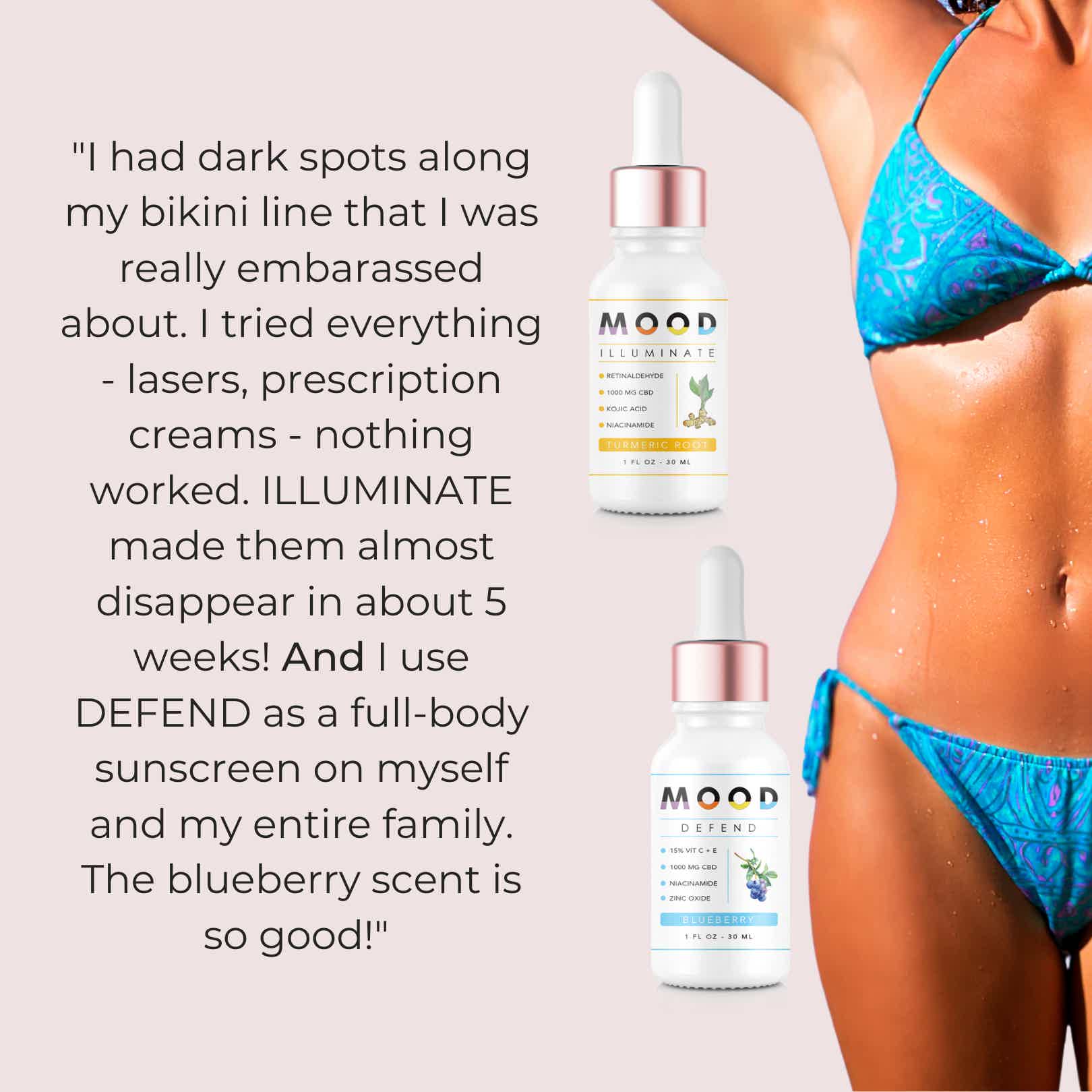5 Clean Ingredients to Reduce Hyperpigmentation | Safe for All Skin Tones
Hyperpigmentation is a common skin care challenge that can be difficult to address. Sunspots, freckles, uneven skin tone, discoloration, and dark spots around acne scars are all examples of hyperpigmentation.
Before we get into the specific ingredients to help reduce it, it's important to understand why hyperpigmentation is so tough to treat.
Hyperpigmentation, or uneven darkening of skin, occurs when body overproduces melanin - the naturally-occuring pigment that gives skin its tone. This can happen due to a variety of reasons including reaction to damage (think acne scars), unprotected exposure to the sun, fluctuating hormones, genetics and lifestyle choices such as smoking.
Hyperpigmentation is especially challenging to treat in individuals with darker skin tones. Treatments like chemical peels can damage darker skin and must be chosen with caution and professional guidance. Over-the-counter (OTC) skin whitening products often contain ingredients that are too harsh for darker skin or include ingredients that bleach skin.
Choosing the right skin brightening serums, creams and treatments for your skin tone and type must be approached with caution. We've selected 5 well-documented skin lightening ingredients safe for all skin tones and types.
1. Retinaldehyde

A powerful component in a natural skin brightening serum, Retinaldehyde should be applied during the PM skin care routine to avoid sunlight exposure. For especially sensitive skin, it's recommended that the product containing Retinaldehyde also contains anti-inflammatory ingredients.
COMMITTED TO CLEAN, POTENT INGREDIENTS
2. Kojic Acid
3. Turmeric

PRODUCTS THAT REDUCE HYPERPIGMENTATION?
4. Licorice Root
5. Vitamin C
*These statements are found to be accurate as of the time this blog is published.
Except where otherwise indicated, statements regarding products have not been evaluated by the Food and Drug Administration. This product is not intended to diagnose, treat, cure, or prevent any disease.



